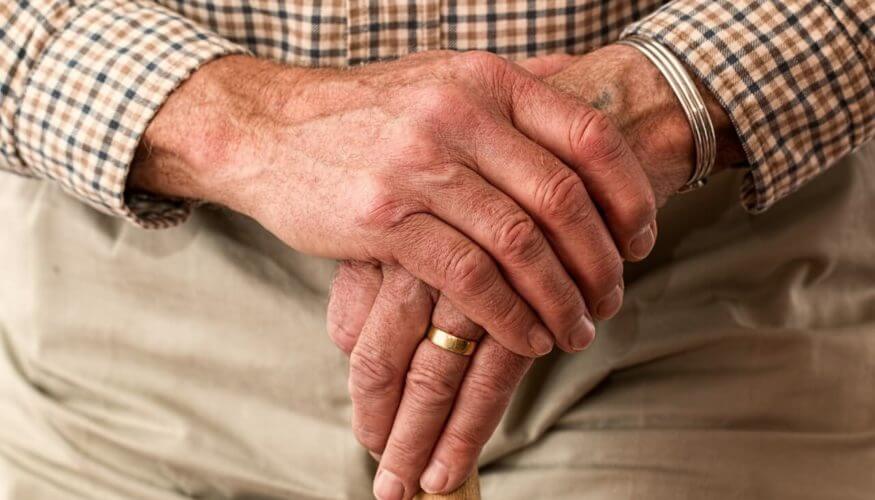Last week I missed a phone call on my cell phone. I called back and I heard, “Hello, this is the IRS.” I hung up immediately. The IRS will NEVER call on the phone; neither will SoCal Edison or SoCal Gas. These are scams designed to trick the elderly. In this technological age, we need to be extremely careful! Scams targeting the elderly have become so widespread they are now known as “the crime of the 21st century.” An academic study published in the July 2017 edition of the American Journal of Public Health found that 1 in 18 older adults experience some sort of financial fraud or scam every year.
Another scam is the “Timeshare Scam.” Many seniors want to sell their timeshares because the expense can become burdensome. Retirees should proceed with caution. The scammers call seniors and pretend to represent potential buyers who are eager to buy a vacation property. These scammers will require the timeshare owner to send a “refundable” check to set up an escrow account for the transaction and once the check is sent (and deposited!), they disappear.
The L.A. County District Attorney’s Office offers these helpful tips:
- Most resort companies have resale programs. Always contact them first.
- Avoid having conversations with unsolicited callers about your timeshare.
- Be wary of potential buyers who require some type of payment to complete the sale.
- Timeshares rarely increase in value. Expect the resale value to be lower than the original sale price. If you get an offer that sounds too good to be true, it probably is.
Ask the following questions the next time you are at your bank to reduce the chance of fraud related to your checking or savings accounts:
- Ask if their staff and management are trained to prevent elder financial fraud.
- Ask if you can get alerts (via phone call, text, or online) for unusual activity or a particularly large withdrawal.
- Ask if you can request large-font versions of all your forms and statements.
- Ask if you can set up read-only access to let a trusted friend or relative view your account online. Will they need power of attorney?
As a reminder, NEVER keep your Medicare card or your Social Security card in your wallet. It is even a good idea to block out the last four digits of your Social Security number in case your card gets in the wrong hands.
If you think you’ve been a target of a scam, don’t be afraid or embarrassed to talk about it with someone you trust. You are not alone, and there are people who can help. Doing nothing could only make it worse. Keep handy the phone numbers and resources you can turn to, including the local police, your bank (if money has been taken from your accounts), and Adult Protective Services. To obtain the contact information for Adult Protective Services in your area, call the Eldercare Locator, a government-sponsored national resource line, at: 1-800-677-1116, or visit their website at: eldercare.acl.gov.
Do not hesitate to call Inspired Financial if you think you have been a target of a scam or identity theft. We’re here to help!

Inspired Financial empowers clients – primarily women and families – to feel comfortable managing their financial lives, especially during and after times of significant change. We stand with and educate clients during all life stages, instilling in them financial peace of mind, and allowing them to live a simple and elegant life. Caring for clients as if they were family – that’s what Inspired Financial advice is all about.


